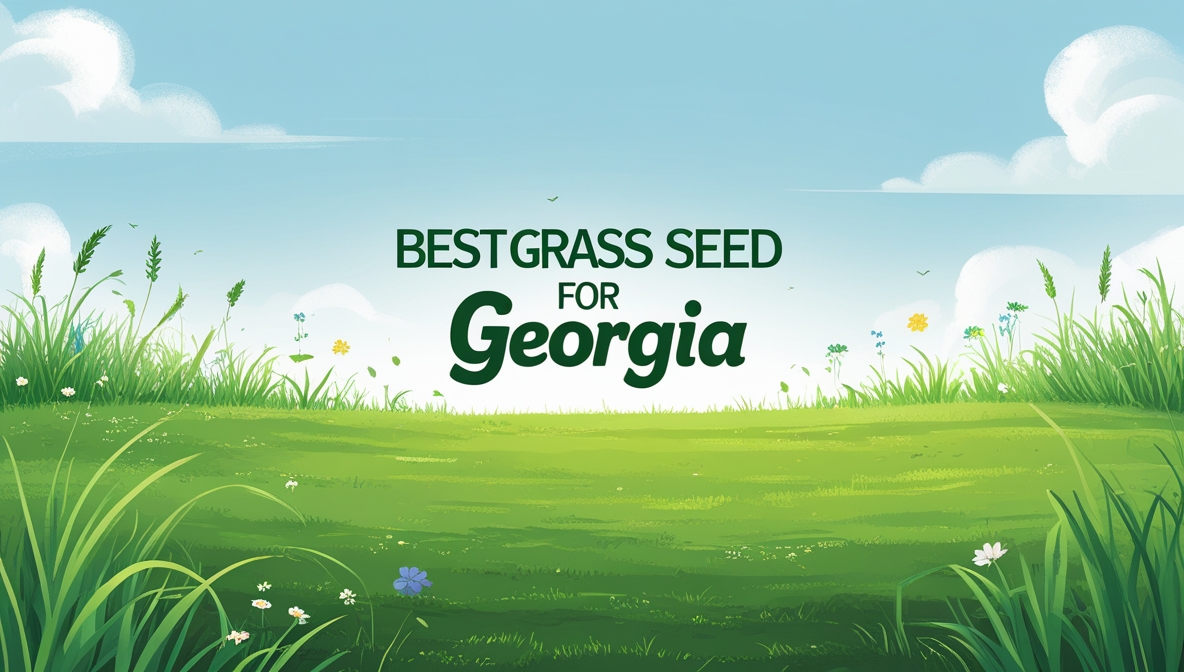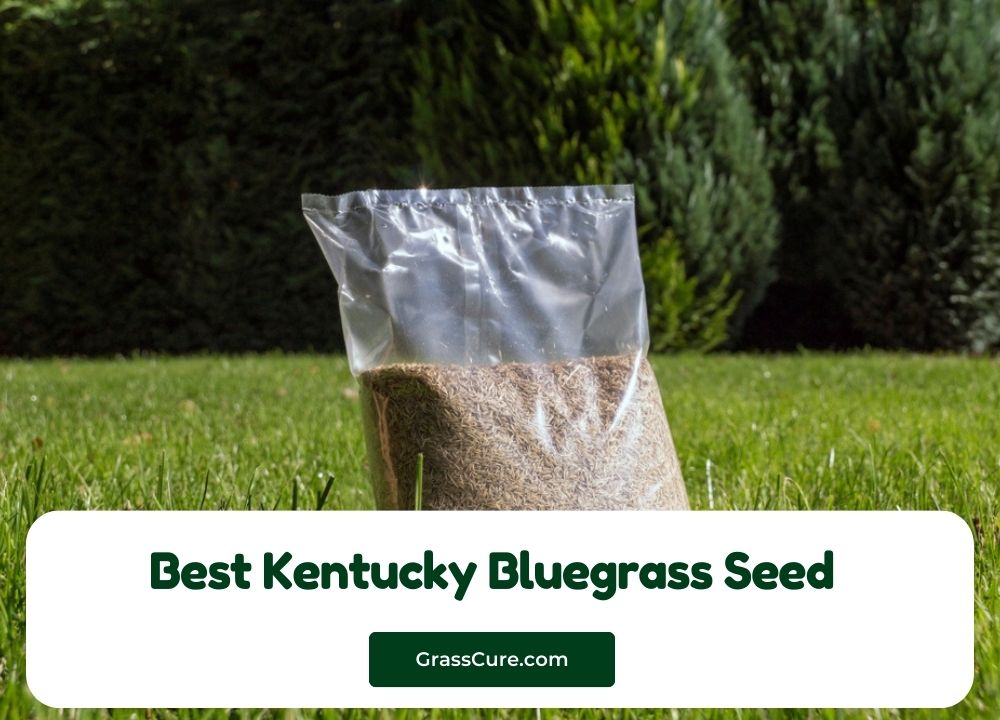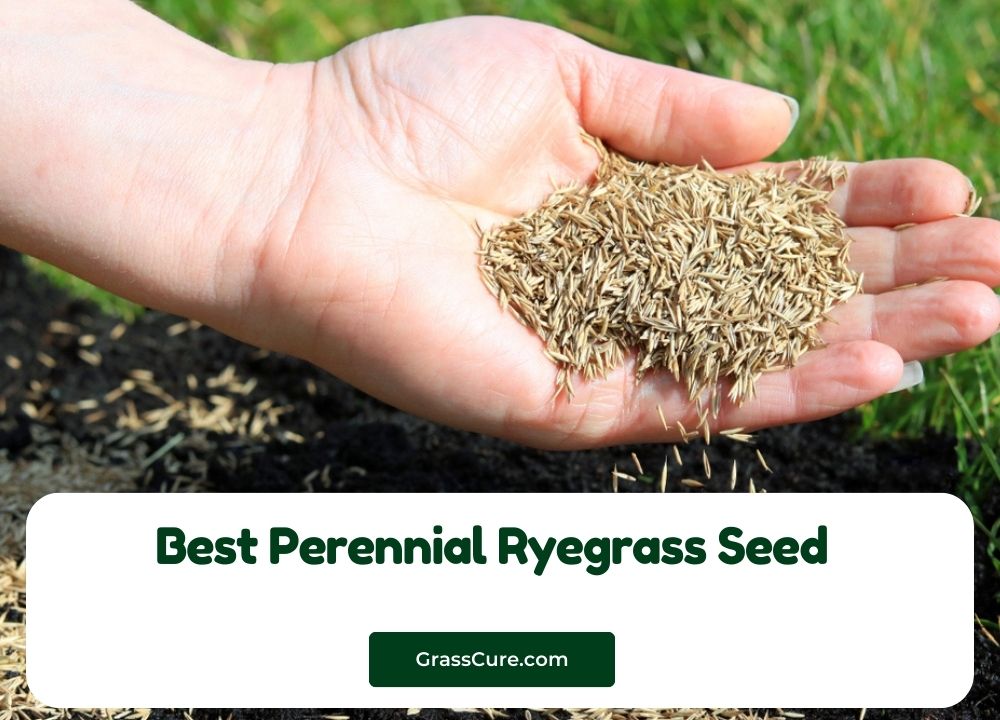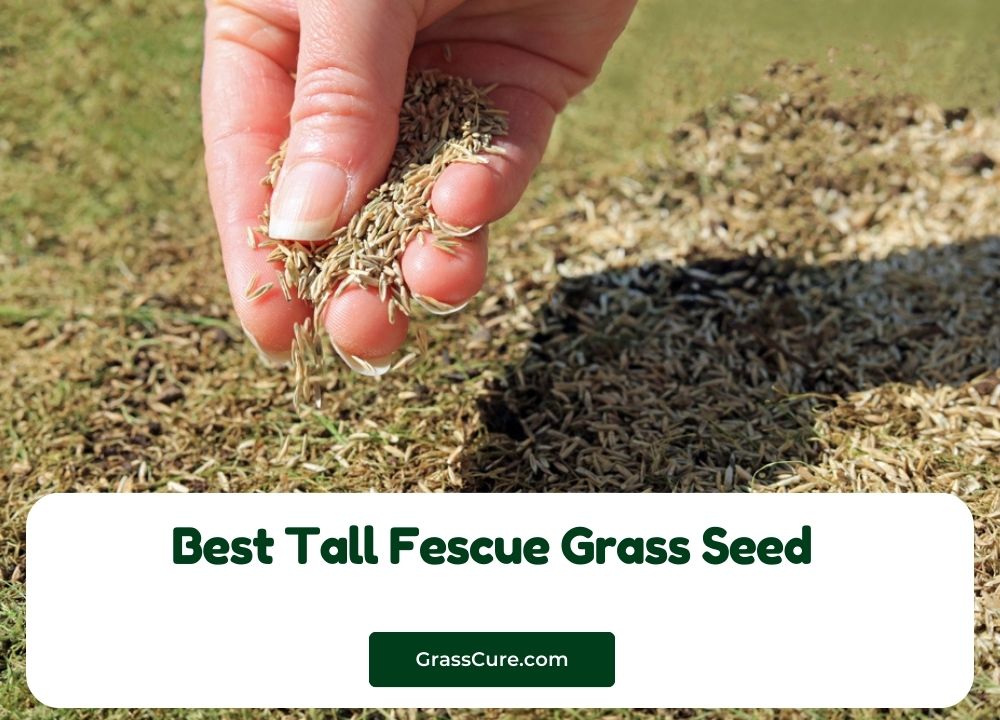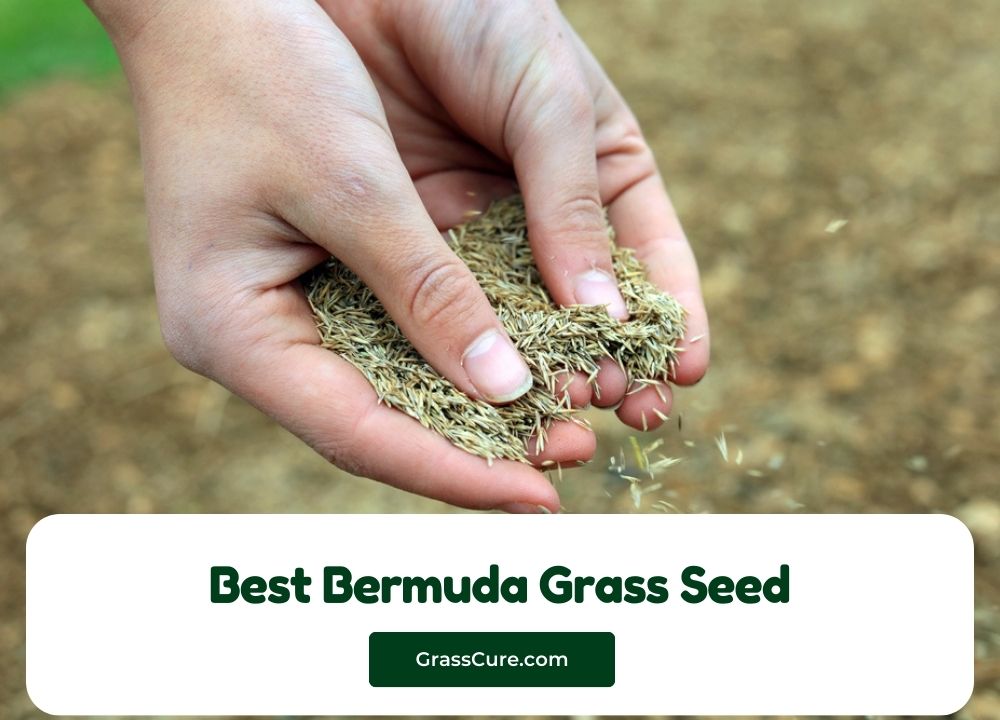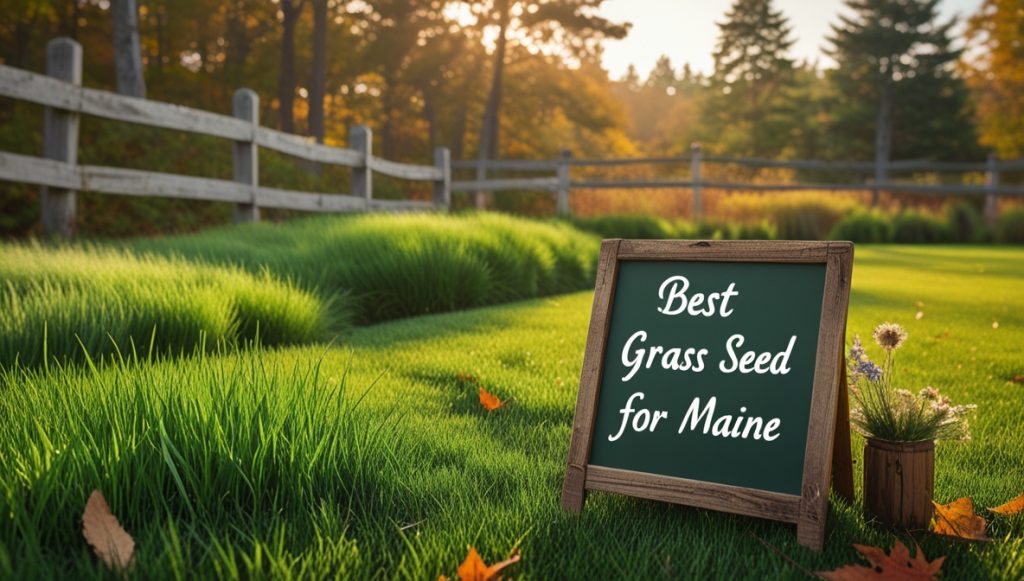Choosing the right grass seed can transform your Georgia yard from a patchy eyesore into a lush, vibrant landscape. But with Georgia’s diverse climate and soil conditions, selecting the perfect seed requires careful consideration. This guide will help you navigate the options and make an informed decision, leading you to a beautiful and healthy lawn.
Contents
- Choosing the Right Grass Seed for Georgia
- Understanding Georgia’s Diverse Climates
- Cool-Season Grasses: Fescue & Ryegrass
- Warm-Season Grasses: Bermuda & Zoysia
- Factors to Consider When Selecting Seed
- Soil Type and Sunlight Requirements
- Balancing Aesthetics and Maintenance Needs
- Budget-Friendly Grass Seed Options for Georgia
- Establishing a Lush, Healthy Lawn in Georgia
- Maintaining Your Georgia Lawn Throughout the Year
Choosing the Right Grass Seed for Georgia
Selecting the appropriate grass seed is crucial for a thriving lawn in Georgia. The state’s varied climate dictates which grass types will flourish, and understanding these differences is the first step toward success. This involves considering factors like sun exposure, soil type, and your personal maintenance preferences. Ultimately, the best choice depends on your specific needs and expectations for your lawn.
This decision will significantly impact the long-term health, appearance, and maintenance requirements of your lawn. Therefore, taking the time to research and select the right grass seed is an investment that will pay off handsomely in a beautiful and low-maintenance outdoor space.
Understanding Georgia’s Diverse Climates
Georgia experiences a range of climates, from the humid subtropical regions in the south to the more temperate conditions in the north. These variations significantly impact the suitability of different grass types. Southern Georgia, for instance, enjoys longer, warmer seasons, favoring warm-season grasses. Northern Georgia, with its cooler temperatures and shorter growing seasons, is better suited to cool-season grasses.
Consequently, understanding your specific microclimate within Georgia is paramount. Factors like elevation, proximity to water bodies, and even local shade patterns can influence the ideal grass seed choice. Consulting with local lawn care professionals or your county’s agricultural extension office can provide valuable insights tailored to your region.
Cool-Season Grasses: Fescue & Ryegrass
Cool-season grasses, such as tall fescue and ryegrass, thrive in cooler temperatures and are well-suited for northern Georgia or higher elevations where summers are less intense. Tall fescue, known for its drought tolerance and resilience, offers a robust, dark green lawn. Ryegrass, while less drought-tolerant, provides rapid germination and establishment, making it ideal for overseeding existing lawns.
However, cool-season grasses can struggle in the intense heat and humidity of southern Georgia summers. They may go dormant during the hottest months, resulting in a less vibrant lawn. Therefore, careful consideration of your location and climate is essential before selecting these grasses.
Warm-Season Grasses: Bermuda & Zoysia
Warm-season grasses, including Bermuda and Zoysia, are the preferred choice for much of Georgia, particularly the southern and central regions. Bermuda grass is highly adaptable, known for its rapid growth, heat tolerance, and deep root system. Zoysia grass, on the other hand, is prized for its fine texture, low maintenance needs, and excellent wear tolerance.
Nevertheless, warm-season grasses require ample sunlight and may struggle in shady areas. They also go dormant during the cooler months, turning brown, and requiring less frequent mowing during this period. Choosing between Bermuda and Zoysia often depends on factors like desired texture and maintenance level.
Factors to Consider When Selecting Seed
Beyond climate, several other factors significantly influence your grass seed selection. These include your budget, the amount of sunlight your lawn receives, and your desired level of maintenance. A low-maintenance lawn might require a more expensive, durable grass type, while a high-maintenance approach could allow for more budget-friendly options.
Furthermore, considering the soil composition of your yard is crucial. Different grasses have varying soil pH preferences, and amending your soil to meet these needs can significantly improve germination and growth. Understanding these factors ensures a successful lawn establishment and minimizes future challenges.
Soil Type and Sunlight Requirements
Georgia’s soil varies considerably, ranging from sandy loams to clay soils. Sandy soils drain quickly, potentially leading to drought stress, while clay soils retain moisture, which can hinder drainage and root development. Understanding your soil type helps you choose grasses best suited to these conditions. Soil testing can provide valuable insights into pH levels and nutrient content.
Likewise, sunlight exposure is a critical factor. Full sun lawns (6 or more hours of direct sunlight daily) offer optimal conditions for many warm-season grasses. Partial shade lawns (4-6 hours) might necessitate selecting shade-tolerant varieties of fescue or Zoysia. Shady areas may require specific shade-tolerant grass blends or alternative ground covers.
Balancing Aesthetics and Maintenance Needs
The aesthetic appeal of your lawn is a significant consideration when choosing grass seed. Fine-textured grasses like Zoysia offer a refined, carpet-like appearance, but may require more meticulous maintenance. Coarse-textured grasses like some Bermuda varieties are more forgiving and require less frequent mowing. Consider the overall look you desire for your landscape.
Moreover, maintenance requirements should align with your lifestyle and available time. Low-maintenance grasses, like certain Zoysia varieties, demand less frequent mowing, fertilization, and pest control. High-maintenance grasses, while potentially offering a more lush appearance, require more time and effort to maintain their optimal condition.
Budget-Friendly Grass Seed Options for Georgia
Budget constraints often influence grass seed selection. While premium grass seed varieties offer superior performance and aesthetics, more affordable options are available. Consider using a blend of grasses, incorporating less expensive varieties alongside premium ones to achieve a cost-effective solution.
Additionally, buying seed in bulk can often reduce the per-pound cost. However, always prioritize quality over price, as inferior seed can lead to poor germination rates and an ultimately disappointing lawn. Researching different brands and comparing prices can help you find a balance between cost and quality.
Establishing a Lush, Healthy Lawn in Georgia
Establishing a new lawn requires careful preparation. Begin by clearing the area of debris, rocks, and weeds. Next, conduct a soil test to determine the pH and nutrient levels. Amend the soil as needed to improve drainage and fertility. Finally, sow the seed according to the manufacturer’s instructions, ensuring proper seed-to-soil contact.
Subsequently, consistent watering is crucial for successful germination and establishment. Avoid overwatering, as this can lead to fungal diseases. Keep the area free of weeds, and consider applying a pre-emergent herbicide to prevent weed growth. Regular fertilization will also promote healthy growth.
Maintaining Your Georgia Lawn Throughout the Year
Maintaining a healthy lawn in Georgia requires year-round attention. Regular mowing at the appropriate height is essential, preventing stress and promoting healthy growth. Fertilize according to the grass type and soil test results, typically in spring and fall. Water deeply and infrequently, encouraging deep root development.
In addition, monitor for pests and diseases. Address any issues promptly to prevent widespread damage. Overseeding cool-season grasses in the fall can help maintain density and color. Regular aeration and dethatching can improve soil health and promote better grass growth.
Creating a beautiful and healthy lawn in Georgia is achievable with careful planning and the right grass seed selection. By understanding your climate, soil type, and personal preferences, you can create the outdoor space you’ve always dreamed of. Remember, consistent maintenance is key to long-term success.
